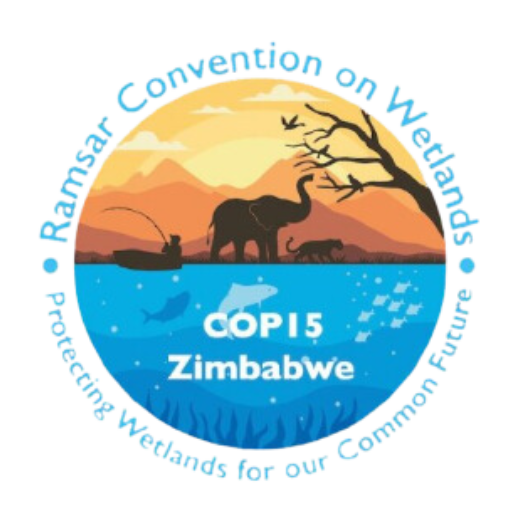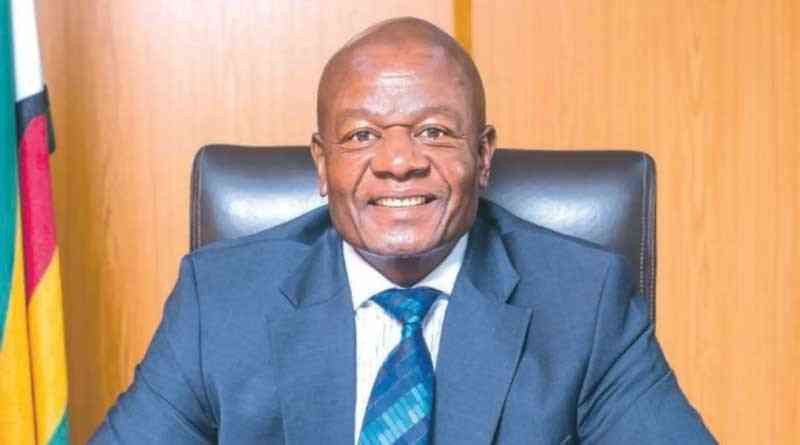
AS Zimbabwe gears up for the hosting of the 15th Conference of Parties (COP15) to the Ramsar Convention on Wetlands in Victoria Falls this July, a legislator has appealed for the inclusion of villagers in Zimbabwe.
This call was made during a feedback meeting organised by BirdLife Zimbabwe recently.
Senator Jerry Gotora, a former chairperson and founder of Painted Dog Conservation in Hwange, passionately highlighted the importance of local voices in discussions wetland degradation.
“If we bring people from Makoni district to the Ramsar Convention, their stories will resonate more than those from urban centres like Bulawayo and Harare. Their voices will be heard,” he said.
He likened the situation to previous CITES meetings, emphasising that when communities are represented, their concerns are taken seriously.
“Just as we saw with the down listing of elephants due to the voices of villagers, we must ensure that local communities have a seat at the table,” Gotora said.
He reminisced about the Driefontein wetlands in Manicaland which were once a thriving ecosystem filled with unique bird species while lamenting loss of traditional crops in Makoni, such as yams, sugarcane and bananas, which relied on wetland water.
Other legislators echoed his sentiments, calling for legal reforms to better protect wetlands, which are vital for both the environment and local economies.
- Tarakinyu, Mhandu triumph at Victoria Falls marathon
- Andrea The Vocalist, dreams big
- All set for the 2022 Econet Victoria Falls Marathon
- Econet Victoria Falls Marathon return a boon for tourism
Keep Reading
“Wetlands are our silent defenders against droughts and the frontline buffers against climate change,” Mutsa Murombedzi, a legislator representing the Tourism and Hospitality Parliamentary Portfolio Committee, said. “In tourism, we say wetlands are not wastelands; they are wonderlands.”
An environment and human rights lawyer Fiona Illif stressed the importance of amending the Environmental Management Agency Act.
“There’s currently no independent body to review construction applications in wetlands, which undermines genuine environmental impact considerations,” she said.
Illif said public consultation was often a mere formality, with concerns raised by civil society organisations frequently overlooked.
“While the Environmental Impact Assessment process allows for public participation, it lacks transparency,” she said. “It is challenging to know if an appeal has been lodged or how it’s being processed.”
She said the financial resources required in appealing decisions was prohibitively expensive and inaccessible to many community members.
“The legal hurdles can discourage public participation, leaving many without a voice in crucial development decisions,” Illif said.










